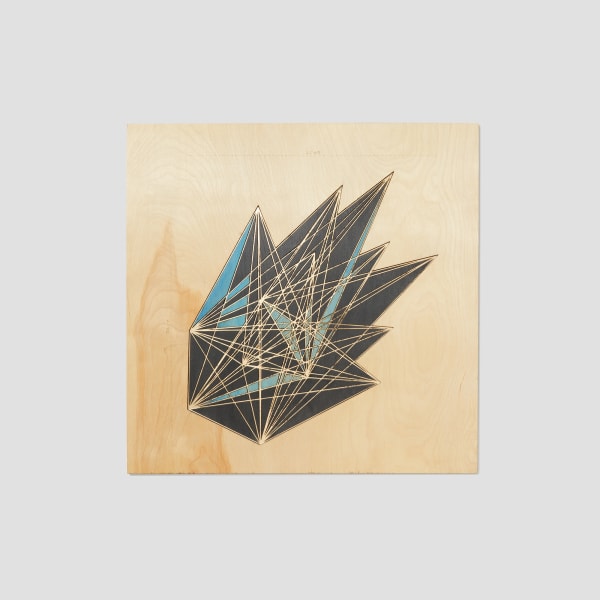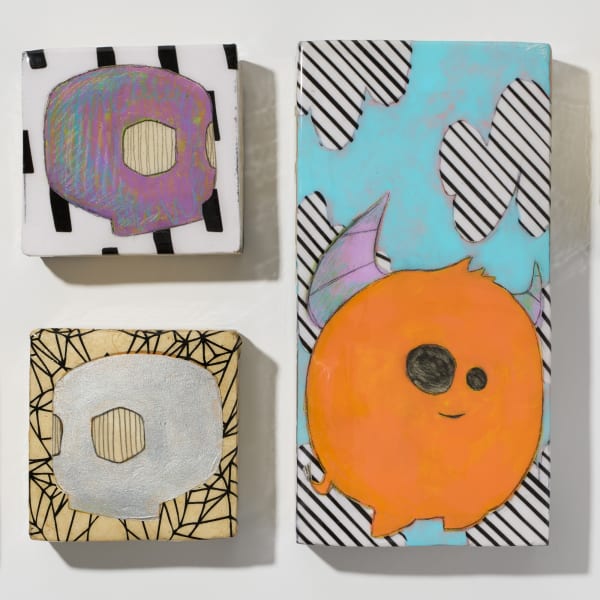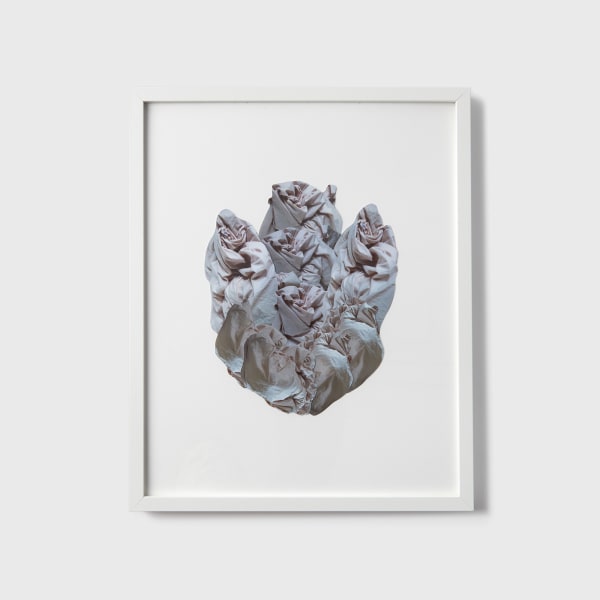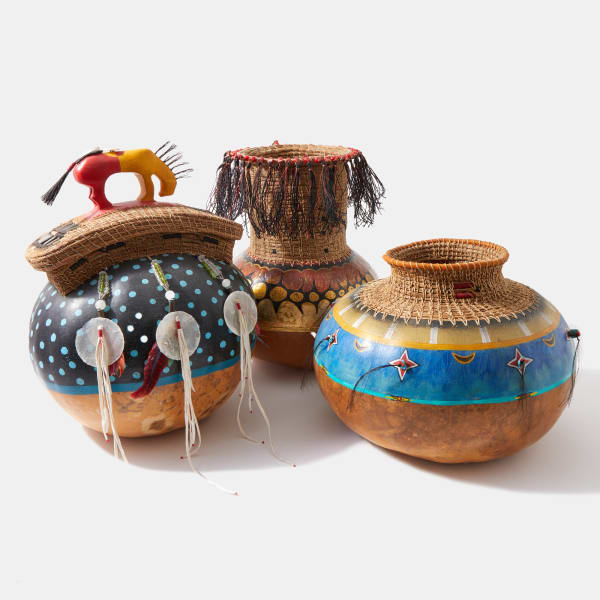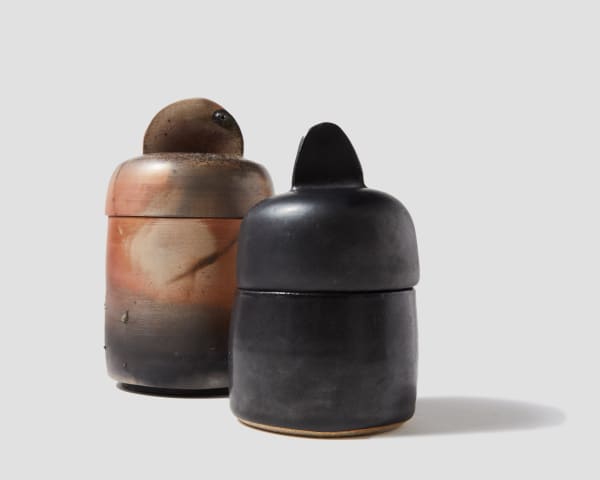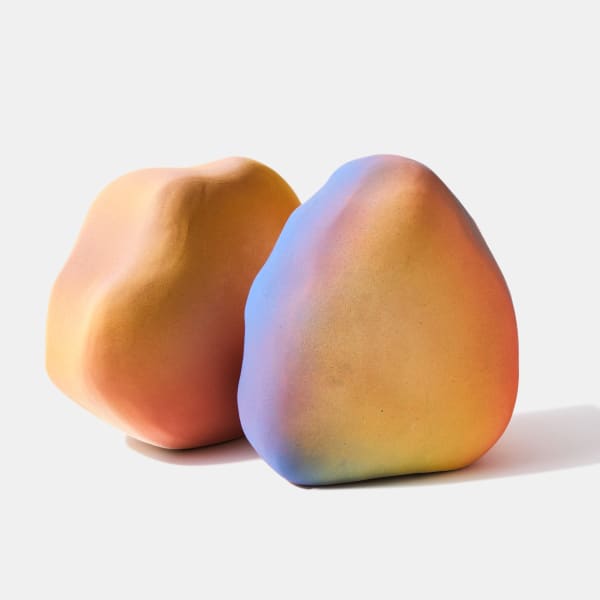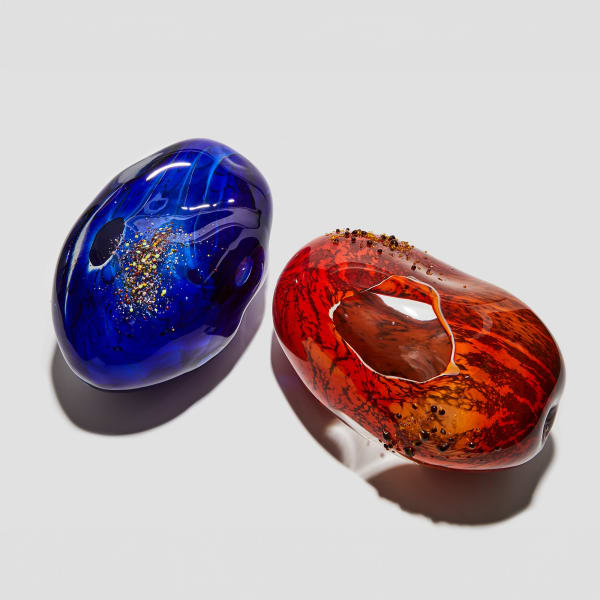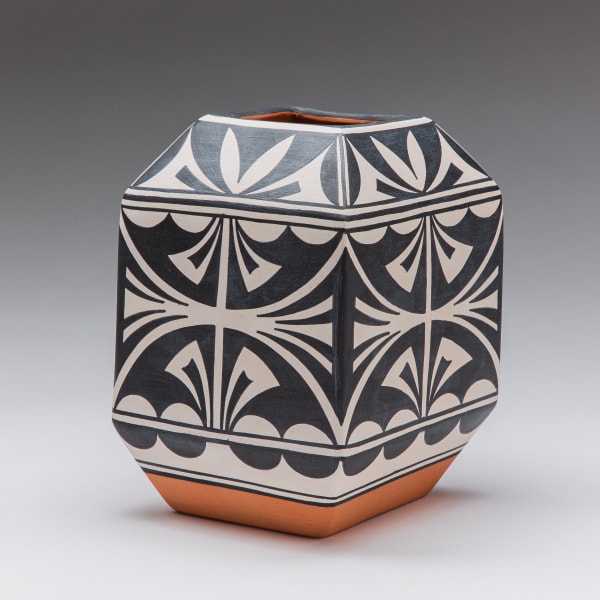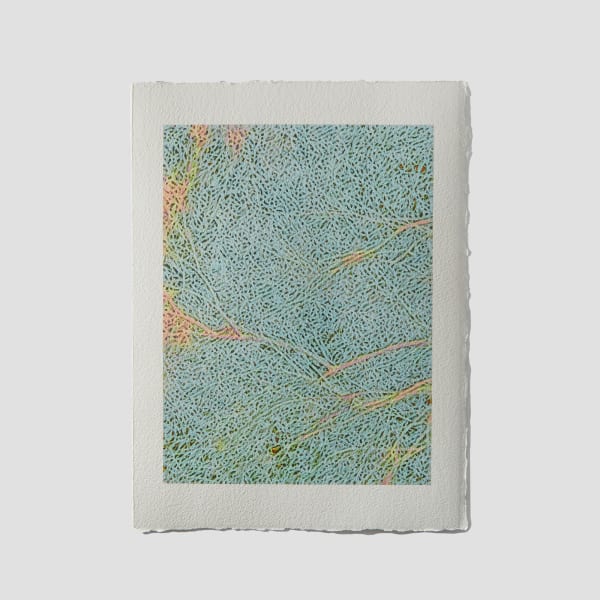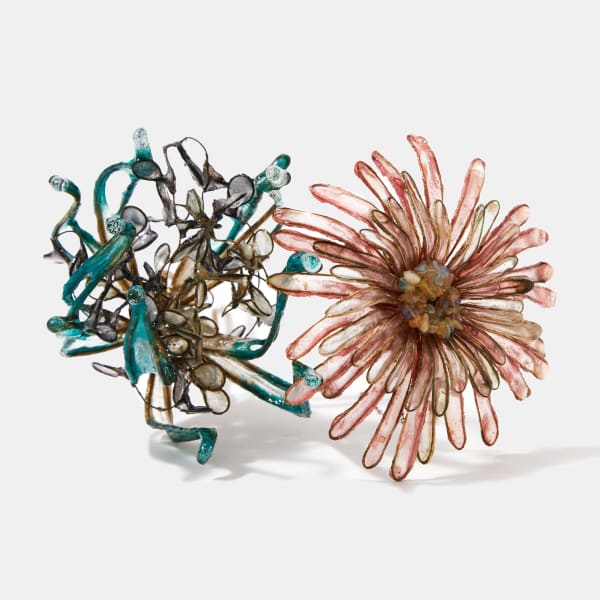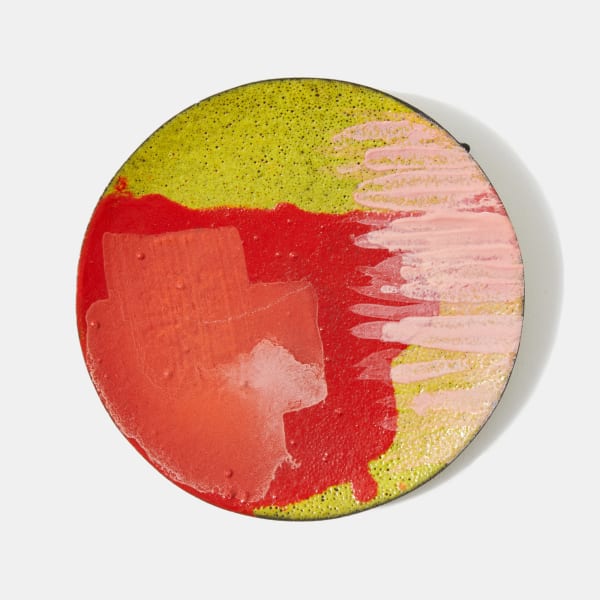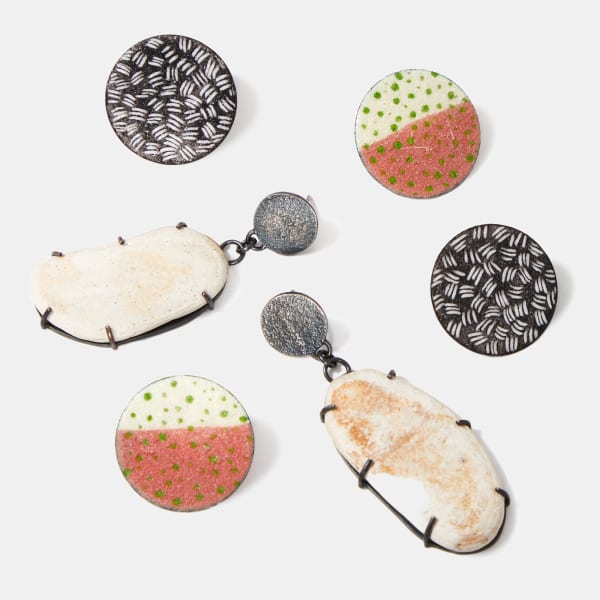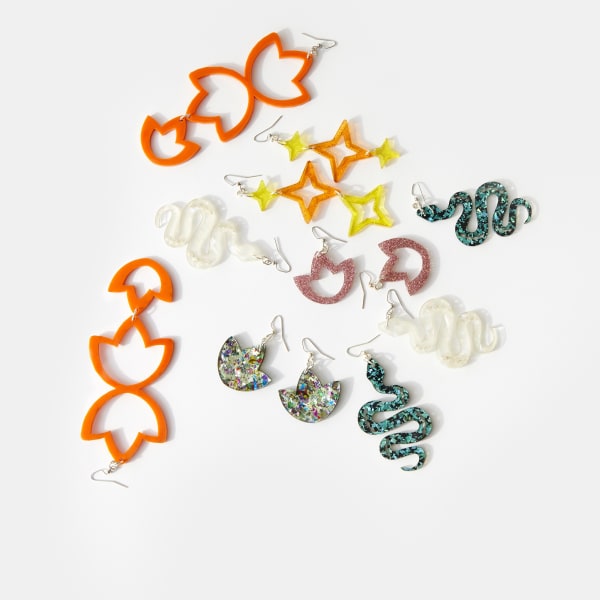Artists
-

Andrew Alba
-

Ekİn Balcıoğlu
-

Debra Baxter
-

Calli Beck
-

Susan Beiner
-

Heidi Brandow
-

Mira Burack
-

Tamara Burgh
-

Saro Calewarts
-

Eric Cousineau
-

Jennifer Ling Datchuk
-

Martin Alexander Spratlen Etem
-

Cristina González
-

Natalie Rae Good
-

Camille Hoffman
-

Everett Hoffman
-

Armond Lara
-

Wookjae Maeng
-

Tigre Mashaal-Lively
-

Jacks McNamara
-

Rosemary Meza-DesPlas
-

Erin Mickelson
-

Jiha Moon
-

Angel Oloshove
-

Michael Petry
-

Valerie Rangel
-

Jeff Suina
-

Chaw Ei Thein
-

Edie Tsong
Gallery Shop
-

DB/CB by Debra Baxter
-

Lynda Fay Braun
-

Melanie Brauner
-

Stvdio Brooklyn
-

C Alex Clark
-

Kat Cole
-

Jodi Colella
-

Tanya Crane
-

Annette Doreng-Stearns
-

Robert Ebendorf
-

Brian Fleetwood
-

Kristin Gentry
-

Danny Hart
-

Paulina Ho
-

R. Melinda Hoffman
-

Kiera Lasiloo
-

Etc. Letterpress
-

Kristy Moreno
-

Maison Nandi
-

JQ Nightshade
-

Ruben Olguin
-

Emily Rogstad
-

Darcy Lee Rose
-

Kate Ruck
-

Dora Tass
-

TinTin
-

Bunny Tobias
-

Karola Torkos
-

Loren Vladem
-

Amanda Whitlow



